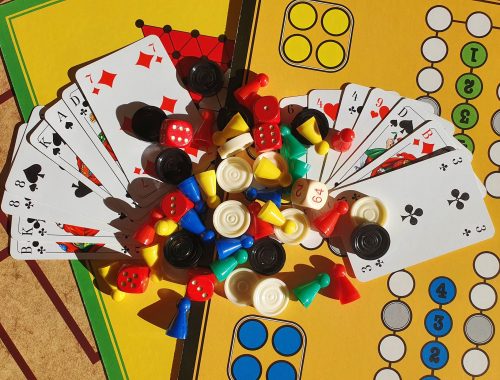
Child Punishment: Is It Ok?
Child Punishment: Is It Ok?
Summary
– Role of punishment in children
– When should a child be punished?
– Principles of punishment: three rules
– Different types of punishment for children
Part of educating children is to instill discipline and limits to help them grow well. When firmness does not work to impose your limits, it is sometimes necessary to resort to the child’s punishment, but not just any punishment!
The role of punishment in children
Generally speaking, there are other steps before punishment. Being firm and having a dialogue with your child are part of these steps that will allow the child:
– understand what is right and wrong;
– to respect the limits imposed and the rules established
– to stop doing stupid things.
But when firmness and dialogue no longer bear fruit, it is sometimes necessary to crackdown. Punishment of the child can therefore be effective in some instances, but under several conditions:
– if it is well chosen;
– if it is imposed in time;
– and above all, if the child himself understands it.
In any case, child punishment should always be the last option to get your child back.
When to punish the child?

Between the ages of 0 and 3, your child is unlikely to do anything dramatic that merits a big punishment. Under the age of 1, there is no reason to punish your child. Punishment is not necessary between 18 and 24 months of age, especially since it usually fails to change the child’s behavior.
However, there are certain circumstances in which you should never give in:
– When the child is endangering his or her safety.
– When the child hurts someone, such as another child.
– When the child destroys valuable objects or damages the house.
Why, in some cases, punish the child? To understand that there are limits that you should not exceed! Moreover, these limits imposed by the parents generally reassure the child.
Principles of punishment: three rules
For a punishment to be effective and understood by the child so that he/she does not do it again, there are three main principles to respect:
– A punishment must follow the fault very closely committed: if you decide to punish the child, it must occur immediately after the fact. Otherwise, the child will not make the connection between the wrong action and the punishment.
– You should consider the severity of the punishment: that is, it should be proportional to the child’s misbehavior. Small mistake: minor punishment!
– Never threaten your child with abandonment: it is distressing for the child, but moreover, he knows perfectly well that you will not do it!
Different types of punishment for children
If despite your firmness and dialogue, you feel that it is time to punish the child because he has just done something stupid and crossed the line, you can try one of the following forms of punishment:
– Show your disappointment: effective punishment doesn’t have to be the harshest… For example, as soon as the child has done something wrong, show your disappointment and say why you are angry in one sentence. Of course, it is not forbidden to pretend for you as a parent!
– Raising your voice: use it only occasionally because it can make your child cry, but if you use it too often, it won’t help after a while.
– Deprive him of his games or small pleasures after having warned him: before depriving him of anything, warn him by asking him to stop! Then tell him the punishment he could receive… Of course, if he continues, you’ll have to carry out the punishment.
– Put him in the corner: this type of punishment only works from the age of 2. Start by warning him of what to expect: the corner, sitting in a chair for a few minutes without saying anything… If he continues, apply what you told him. A few minutes are enough. Then tell him that he can come out of the corner or get up from his chair when he is calm.
Good to know: the law now prohibits ordinary educational violence. Presenting violence as a solution to minor misbehavior is not the best solution. It would be best to exercise parental authority without physical or psychological violence. Moreover, the methods listed above will be more effective.
You May Also Like

Top 5 Best Board Games To Play with Your Kids
2022-03-30
Internet Safety for Kids: How to Keep Your Children Safe Online
2023-04-21


One Comment
Pingback: